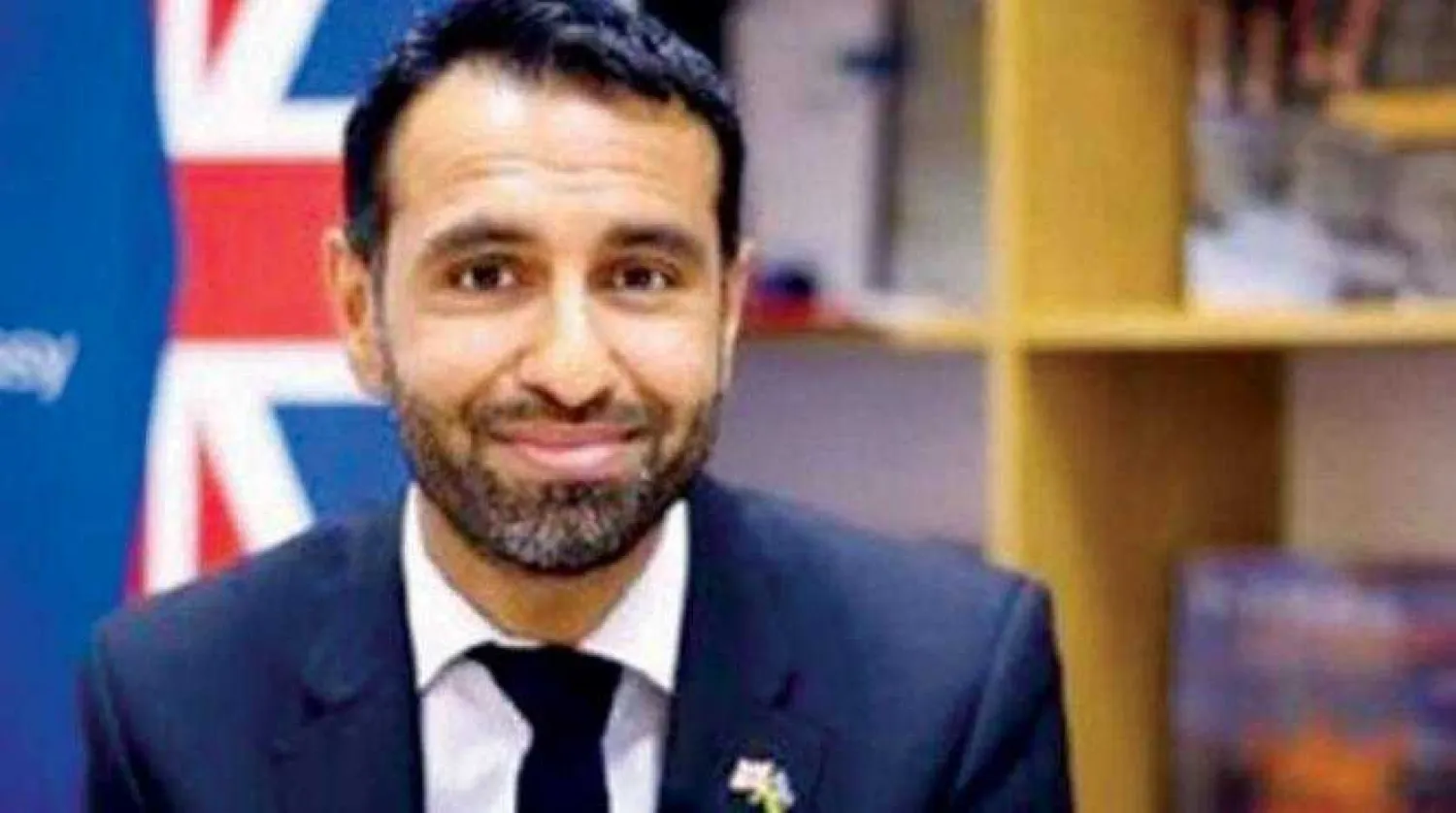British Ambassador to Sudan Irfan Siddiq voiced the international community’s willingness to normalize ties with Sudan on the long-term should the African state succeed in placing a civilian authority in power.
Speaking on whether there is a deadline in place for the transition, Siddiq said that the West has no date by which Sudan needs to meet civilian rule conditions, and that it is considered entirely a sovereign decision in the hand of the Sudanese people.
Deputy Assistant Secretary Makila James is on a visit to Khartoum, where she met opposition officials and Gen Abdelfattah El Burhan and representatives of Sudan’s Transitional Military Council (TMC).
Other than assessing the situation on the ground since the overthrowing of former president Omar al-Bashir, James encouraged the military council to transfer power to civilians in a way that ensures national stability, according to Western diplomatic sources in London.
Siddiq, for his part, reaffirmed the British government’s support for the demands of the Sudanese people, saying a true transition to civilian rule must materialize. But he noted that, insofar, there is no clear agreement or consensus that matters are moving in that direction.
The British diplomat, addressing the press in Khartoum, revealed that negotiations are ongoing for a sustainable solution with the TMC and other political parties in Sudan.
On April 15, the African Union gave the TMC a three months window to implement democratic reforms or face suspension from the 55-state body.
Speaking at the end of a summit attended by several African heads of state, Egyptian President Abdel Fattah el-Sisi said that the AU meeting agreed on the need to deal with the situation in Sudan by working to “quickly restore the constitutional system through a political democratic process led and managed by the Sudanese themselves.”









